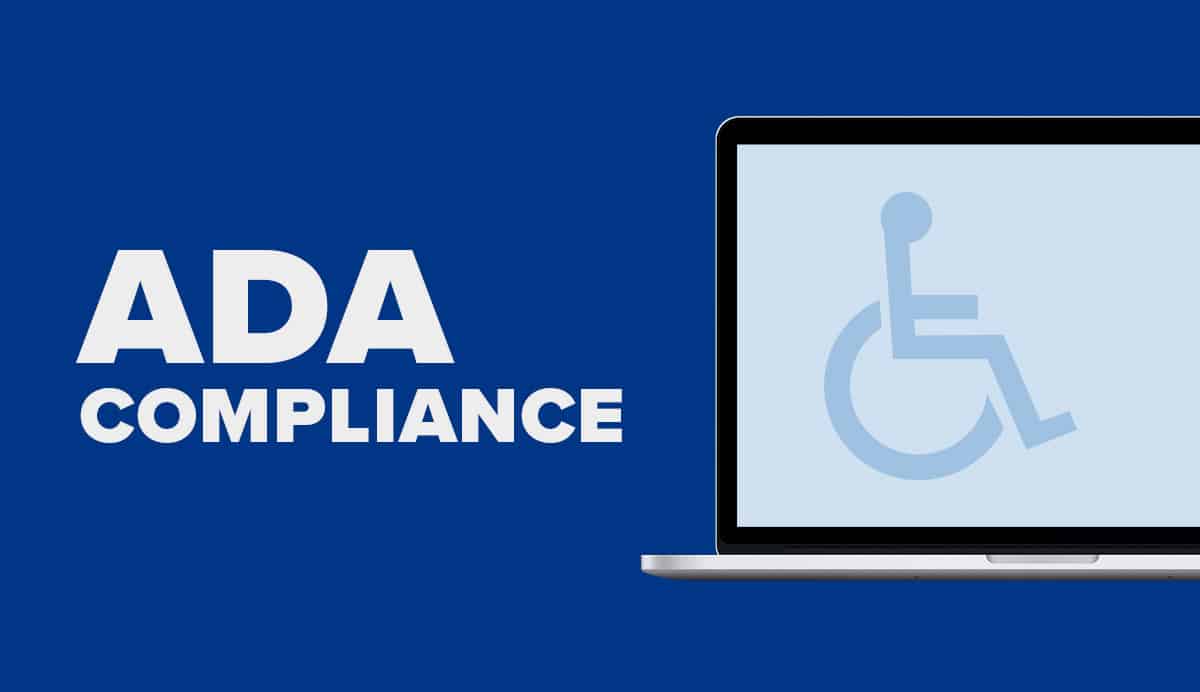
5 Reasons Your Website Needs ADA Compliance
The Americans with Disabilities Act (ADA) requires businesses to provide equal access for people with disabilities, including on their websites. While ADA compliance for physical spaces is well known, many website owners do not realize their online presence must also meet ADA standards. Here are the top 5 reasons website ADA compliance matters and steps you should take to ensure your site conforms:
It’s The Law
Firstly and fundamentally, the ADA requires all places of public accommodation – including business websites – to be accessible for people with disabilities. The law covers various types of disabilities related to mobility, vision, hearing, cognitive and more. Therefore, ADA compliance represents a legal obligation, not just a best practice, for business websites. Failure to comply can lead to costly lawsuits, damage to brand reputation and corrective action requirements.
It Improves Accessibility
Secondly, beyond legal compliance, making your website ADA accessible simply improves usability for people with disabilities who may otherwise be unable to access online content. ADA guidelines seek to remove barriers that impede people’s ability to gather information from and interact with websites. Proper ADA compliance ensures users with disabilities have the same opportunities as everyone else to utilize your website and do business with your company.
It Expands Your Audience
Then, by implementing ADA compliance standards, you expand your potential audience and customer base to include people with disabilities. An estimated 1 in 4 Americans lives with some form of disability. By tailoring your website to be accessible for this large segment of the population, you enable people with disabilities to become actual and prospective customers. Greater accessibility means a larger potential audience and customer pool for your business.
It Boosts SEO & Credibility
Beyond a bigger audience, upgrading your website for ADA compliance can positively impact search engine optimization (SEO) and your online credibility. Search engines like Google now factor ADA compliance and accessibility into their ranking algorithms. Meanwhile, demonstrating accessibility on your website builds trust with potential customers and signals that your business values equal opportunity for all. Both SEO gains and enhanced credibility can translate to increased traffic, leads and sales.
Tools Make It Easier
Fortunately, various automated tools, services and templates now exist to help make your website ADA compliant in an efficient manner. Options range from free online auditing tools to full-service website retrofitting solutions. With the right resources, you can implement the necessary accessibility fixes and conform to ADA requirements for your website. This, without hiring an in-house expert.
In summary, websites today must meet ADA compliance standards to be legally accessible, improve usability for people with disabilities, expand your audience and customer base, boost SEO and online credibility, and conform to what customers expect from responsible businesses. With the help of modern accessibility tools, making compliant represents a relatively simple undertaking to reap major benefits. So take action now to ensure your website meets ADA guidelines for equal accessibility.
